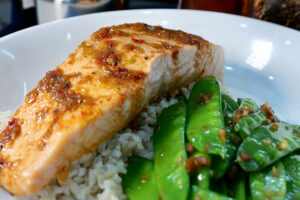Eating to Prevent GERD / Acid Reflux / Heartburn: The GERD-Friendly Dinner
[This is part 5 of a 5-part series on Eating to Prevent GERD.]
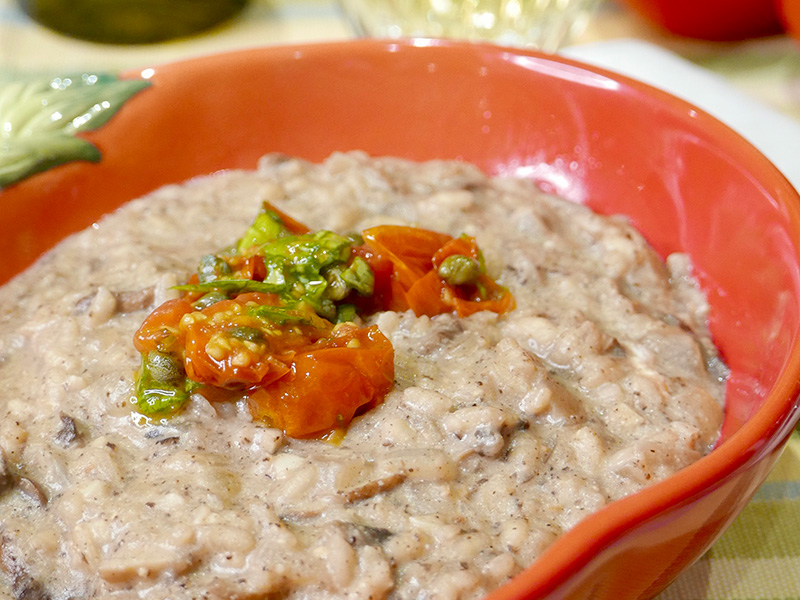
For a lot of people, losing weight can be a part of controlling their reflux, and smaller portion sizes at dinner can help in controlling both your reflux and your weight. One of the most important kitchen techniques for eating healthy for weight loss and for GERD is measuring your ingredients carefully. In addition to measuring cups and spoons, using a scale to weigh ingredients keeps your portions just right for the amount of calories as well as the amount of food.
One of the most important factors in nighttime reflux is how late you eat your evening meal. It is best to try to eat the dinner at least three to four hours before you are going to go to bed. Avoid eating just before bedtime.
If you are a diabetic and are supposed to have a bedtime snack, speak with your doctor or dietitian about what choices will work best for you. For some, elevating the head of the bed or using a foam wedge to raise the level of the torso can help reduce nighttime reflux symptoms.
GERD-Friendly Main Course Recipes
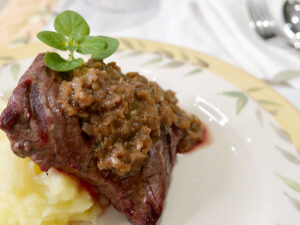
Beef, Lamb & Venison
Of course you can have beef! Beef is okay for you. It is the amount of fat in beef that…
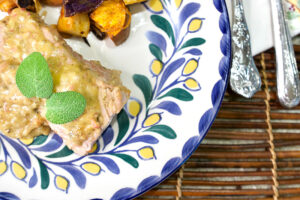
Pork
These healthy pork main course recipes are labeled so that you’ll easily know which ones will fit into a low…
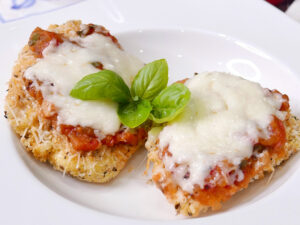
Chicken & Turkey
These healthy chicken and turkey recipes are labeled so that you’ll easily know which ones will fit into a low…
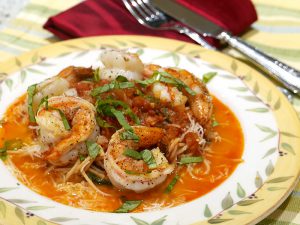
Shellfish
Shellfish are easier to cook than you might think. These healthy recipes will show you how quick, easy, and delicious…

Vegetarian
These delicious vegetarian main course recipes are labeled so that you’ll easily know which ones will fit into a low…



